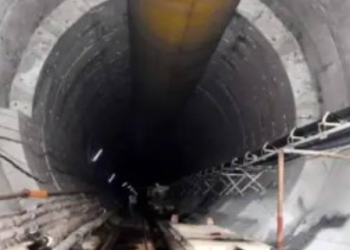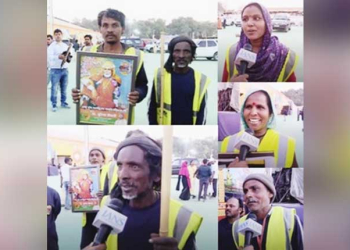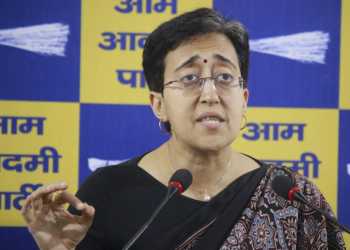New Delhi: The Supreme Court on Thursday directed all state governments and the high courts to file status reports in connection with setting up of ‘Gram Nyayalayas’ across the country.
Advocate Prashant Bhushan, representing the National Federation of Societies for Fast Justice, submitted before a bench of Justices S. Abdul Nazeer and Hima Kohli that some of the states stated that they have an alternative system but the law takes care of this point because it uses the term “notwithstanding, any other system in place”.
He also argued that many state governments have not even established even a single Gram Nyayalaya, and pointed out that the Central government has also taken a position that it was not mandatory if some similar arrangements were in place, as the law uses “may” instead of “shall”.
After hearing Bhushan’s submissions, the top court directed all state governments and the high courts to file status reports in connection with setting up of Gram Nyayalayas across the country. It gave the states and the high courts eight weeks’ time.
In 2008, the Parliament passed an Act for setting up of Gram Nyayalayas at the grassroots level for providing access to justice to citizens at the doorstep.
Bhushan contended that the law, Gram Nyayalayas Act 2008, only excluded a few areas such as the northeast and the tribal areas.
In 2020, the top court had directed the state governments, which are yet to come out with notifications for establishing Gram Nyayalayas, to do so. It had also asked the high courts to expedite the process of consultation with state governments.
The plea contended that sections in the Act provide that the state government in consultation with the high court will appoint a ‘Nyayadhikari’ for each Gram Nyayalaya.
The top court in September 2019, had issued notice to the Centre and others in the matter.
The petitioner contended that the object of the 2008 Act was to provide “access to justice” to all. However, the states concerned have been defeating the object of the Act, as Section 3 of the Act provides that state governments “may” constitute Gram Nyayalayas.
(IANS)




















